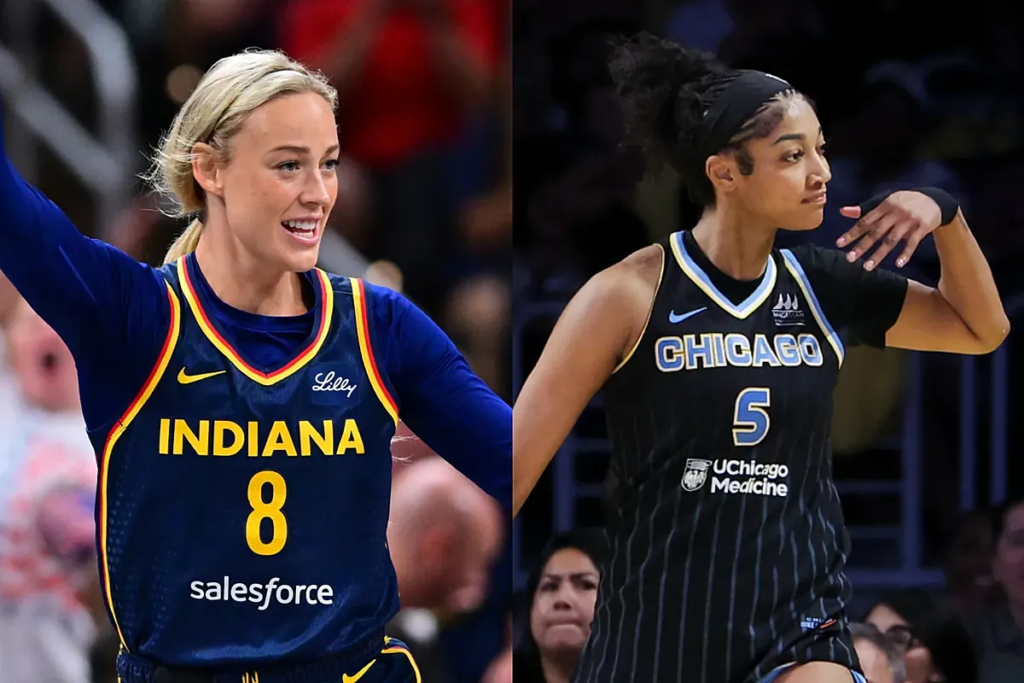Angel Reese‘s recent comments about the Chicago Sky have created ripples well beyond the WNBA stat sheet.
Her blunt assessment of the team’s performance and her suggestion she might seek a “different direction” if improvements aren’t made prompted a forceful response from fellow players-and a debate over how much feedback belongs in the public eye.
Back on September 3, Reese gave a wide-ranging interview to the Chicago Tribune in which she criticized the Sky’s strategy, including calling for higher-calibre roster additions.
She also questioned the reliability of veteran point guard Courtney Vandersloot, injured with a torn ACL, saying, “We can’t rely on Courtney to come back at the age that she’s at.”
It was a candid moment that many saw as drawing attention to deeper frustrations behind Chicago’s disappointing season.
Reese acknowledged handling the story poorly, apologized to teammates and coaches, and said she regretted using language that could overshadow her intent.
The fallout was swift. The Sky imposed a suspension for the first half of a game against the Las Vegas Aces, citing statements “detrimental to the team.”
The WNBA had already suspended Reese one full game after she accrued her eighth technical foul of the season.
Cunningham’s criticism: When voice becomes liability
Indiana Fever guard Sophie Cunningham stepped into the conversation on her Show Me Something podcast, where she offered a sharp critique of Reese’s public airing of grievances.
Cunningham, currently sidelined with a season-ending MCL injury, emphasized the value of loyalty, solidarity, and keeping certain critiques within the confines of the locker room.
“There’s just some things that you can’t say,” Cunningham said.
“I’m a very team-first person. I always put the team before my feelings, and I think that should be a standard. So, you gotta protect your locker room. You can’t be saying everything you’re feeling because that’s not a good look.”
She went on: “It causes division in the locker room.”
Cunningham also suggested that public criticism of teammates or the organization should carry consequences: “If anyone does that, you should get fined.”
While Cunningham acknowledges the frustrations that come with losing-“everyone feels those emotions”-she draws a line at exposing internal concerns in media.
Reese’s statistics this season have been strong enough to make her demands hard to dismiss. She is averaging around 14.7 points per game and leads the WNBA in rebounds per game with 12.6, in addition to posting 23 double-doubles.
But as Indianapolis’ Cunningham pointed out, success in the stat sheet does not always shield a player from critique over how they express dissatisfaction.
Both the Sky’s record (10-33) and their failure to reach the playoffs under Reese’s tenure provide context.
Read the full article here

